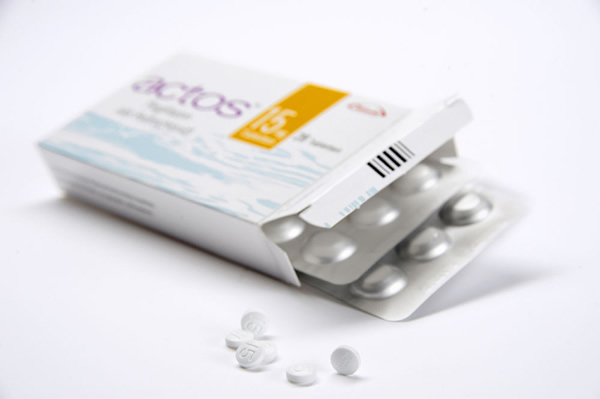
Two forms of diabetes medication may reduce risk of developing Parkinson’s disease, according to a new study.
Researchers analyzed data on more than 160,000 diabetes patients in the U.K. and found that patients who took rosiglitazone or pioglitazone had a 28% lower chance of developing Parkinson’s than their counterparts who took other diabetes medication, according to the study, published in the journal PLOS Medicine. The drugs were originally developed by GlaxoSmithKline and Takeda, respectively, but they are now off patent.
The research does not suggest that people with Parkinson’s take the diabetes drugs directly. Rather, the findings offer hope for future Parkinson’s research.
“We often hear about negative side effects associated with medications, but sometimes there can also be unintended beneficial effects,” senior researcher Ian Douglas from the London School of Hygiene & Tropical Medicine told Reuters.
More Must-Reads From TIME
- The 100 Most Influential People of 2024
- The Revolution of Yulia Navalnaya
- 6 Compliments That Land Every Time
- What's the Deal With the Bitcoin Halving?
- If You're Dating Right Now , You're Brave: Column
- The AI That Could Heal a Divided Internet
- Fallout Is a Brilliant Model for the Future of Video Game Adaptations
- Want Weekly Recs on What to Watch, Read, and More? Sign Up for Worth Your Time
Write to Justin Worland at justin.worland@time.com